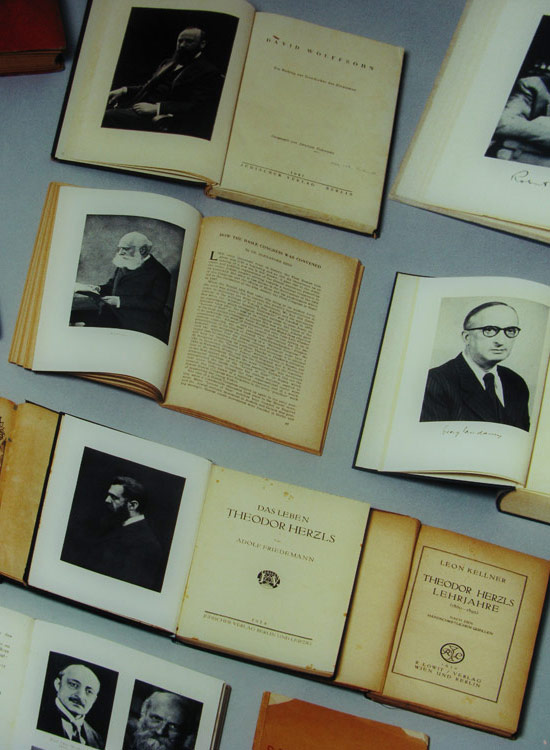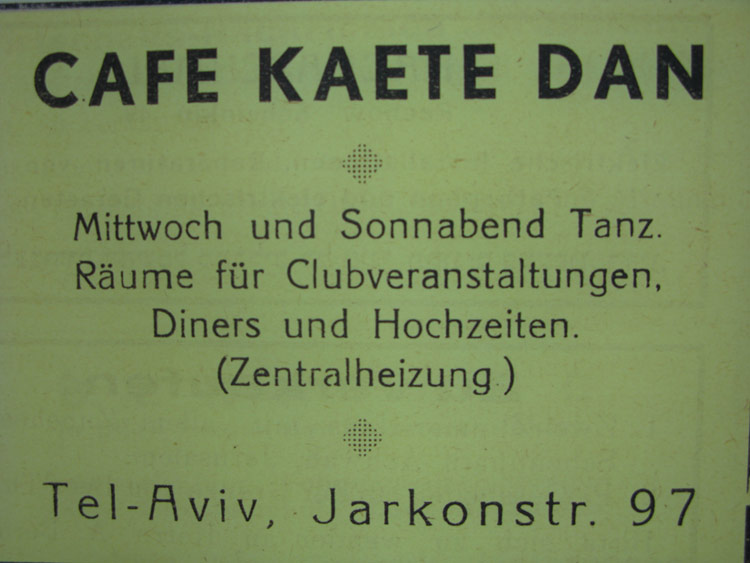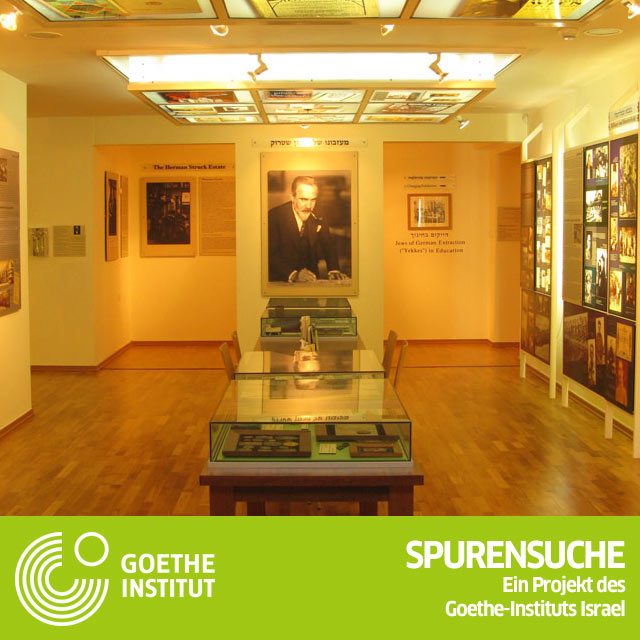The Yekkes / Stef Wertheimer
The Yekkes
The exact origins of the name remain unclear to date. Some people think it comes from the word “Jacke” (jacket) because the immigrants from Germany wore short jackets in those days, others insist it’s a shortened form of Jehudi-kasche-Havana – in other words somebody who is slow on the uptake. In any case, the image of the Yekkes has changed completely over the decade – because nowadays those typical characteristics that used to be attributed to them with more of a frown, such as punctuality, reliability or honesty, are now considered positive character traits. I’m a Yekke – that’s seen as a compliment now, and is a label borrowed even by Israelis with completely different origins. Here, their contribution towards the development of the nation – which is reflected not so much in politics as in medicine, justice and librarianship – is appreciated.
Stef Wertheimer
Stef Wertheimer forms a category of his own. It represents tool export. At the beginning of the 50s he founded ISCAR to manufacture metal processing equipment for the domestic market at first. From there onwards the only way was up and the company developed into one of the largest international manufacturers of car tools. In 2006 Warren Buffet hit the headlines when he acquired an 80 per cent share in ISCAR. But “Blades Technology” is still owned by the Wertheimer family.
Dozens of companies have moved onto the Tefen Industrial Park. According to Wertheimer’s vision, new and export-orientated companies should be promoted. Tefen creates favourable conditions for these start-ups to develop, gives them professional counselling and provides the communication centre, conference rooms, cafeteria and office premises on the park. The founder calls the whole set-up a “capitalist kibbutz”: they share the services and also eat together, but the social ethic of the kibbutz is tied in with entrepreneurship.
For Wertheimer, export business is crucial for Israel. In the absence of mineral resources, he says, the country’s only chance is the development of industries like this, as was also the case in Switzerland. “Had there been oil in Switzerland, the clock industry would never have started there.” Besides that, he thinks that the export industry is a tool to establish peace with neighbouring countries in a capitalist way. His credo has always been: more jobs and better living standards for everyone in the region. That’s why he swears by industrial parks. The industrialist has already founded five of them, the sixth is planned for Arab-Israeli and Jewish-Israeli firms in Nazareth. Over ten years ago he also embarked on the planning phase of an Israeli-Palestinian industrial park in Kerem Shalom, on the Gaza Strip border; however the project did not survive the Second Intifada.
German Traces in Israel
A project by the Goethe-Institut Israel
Author: Gisela Dachs
Photos: Noa Ben-Shalom



